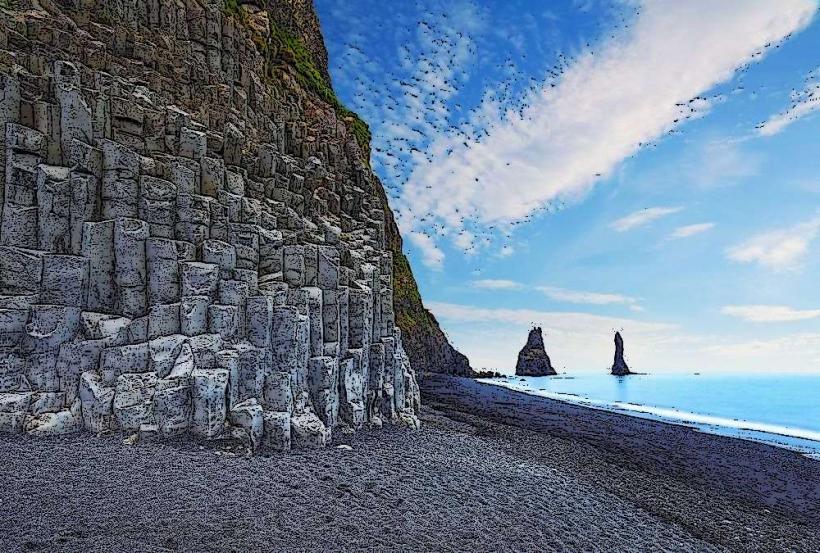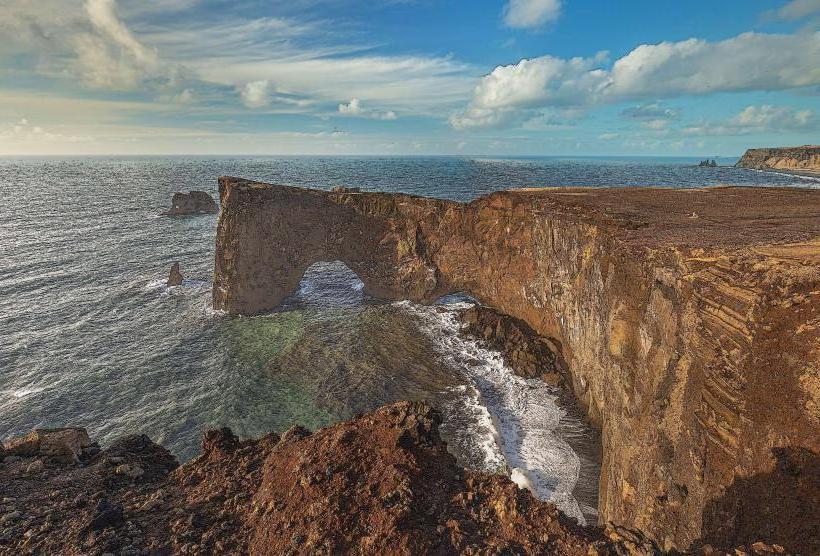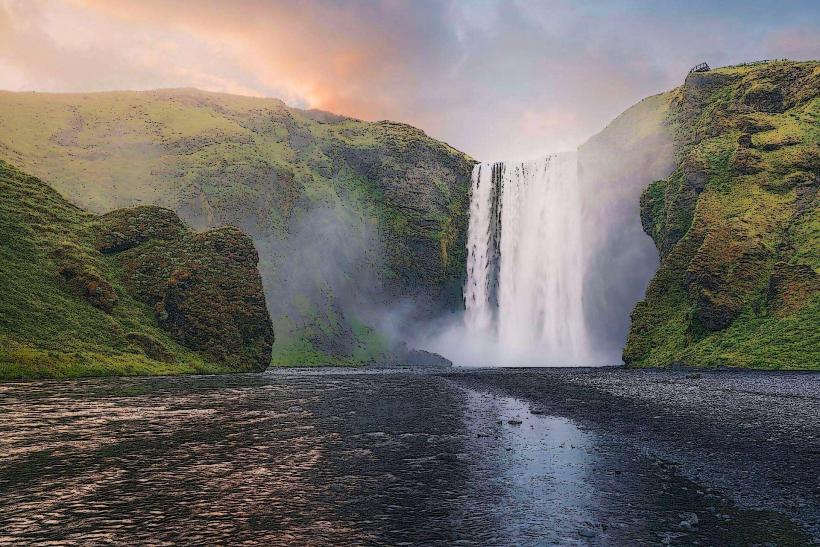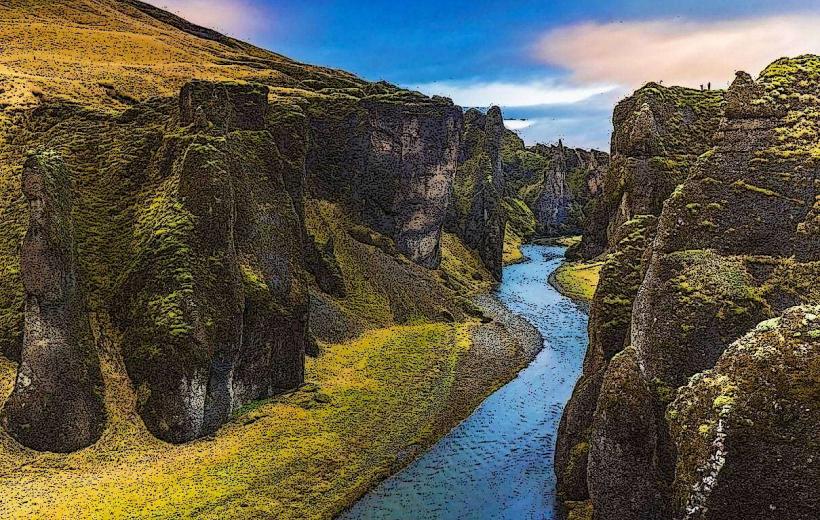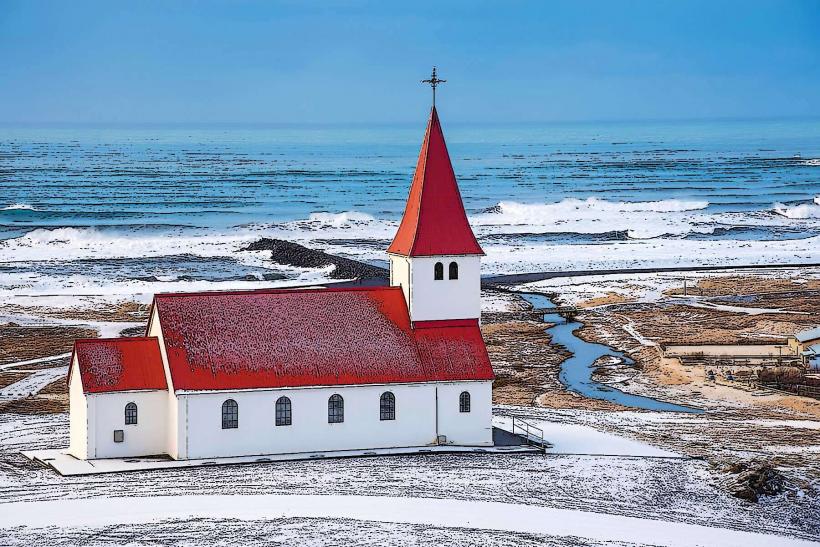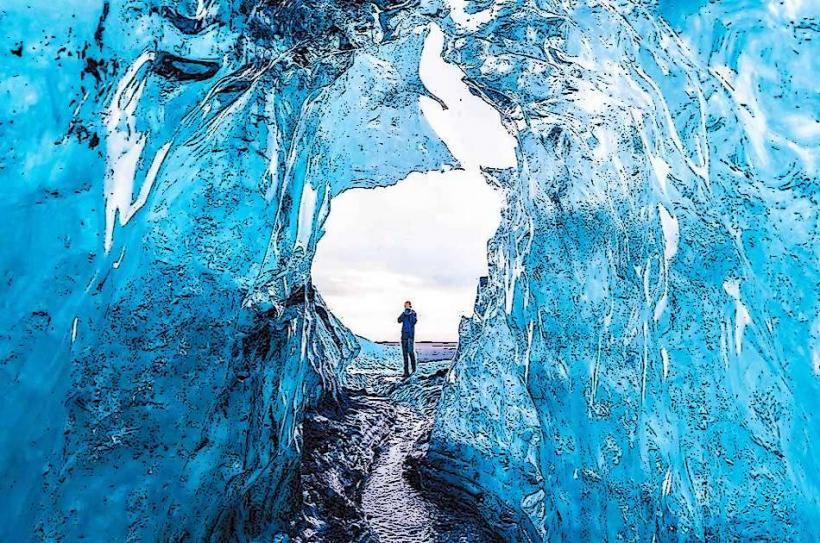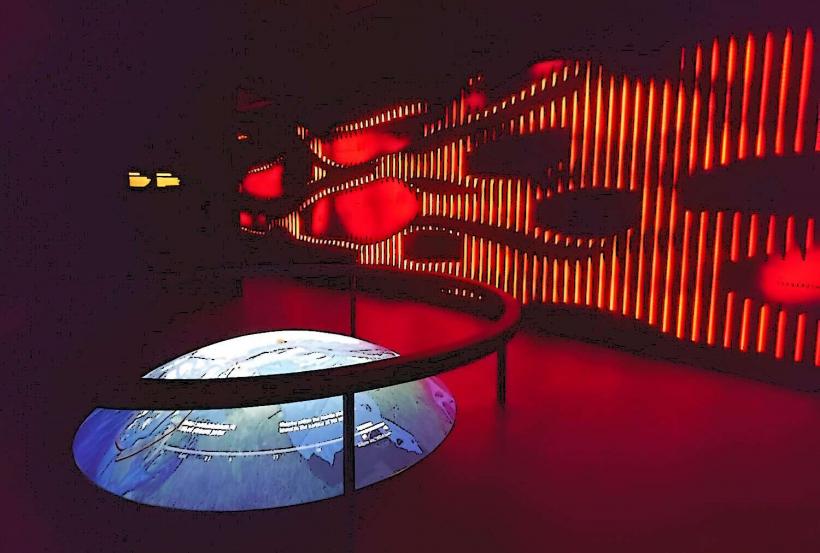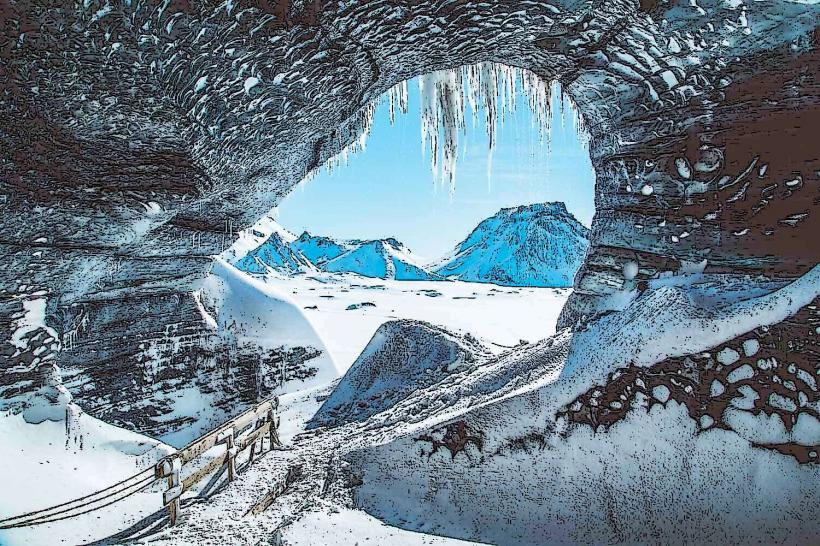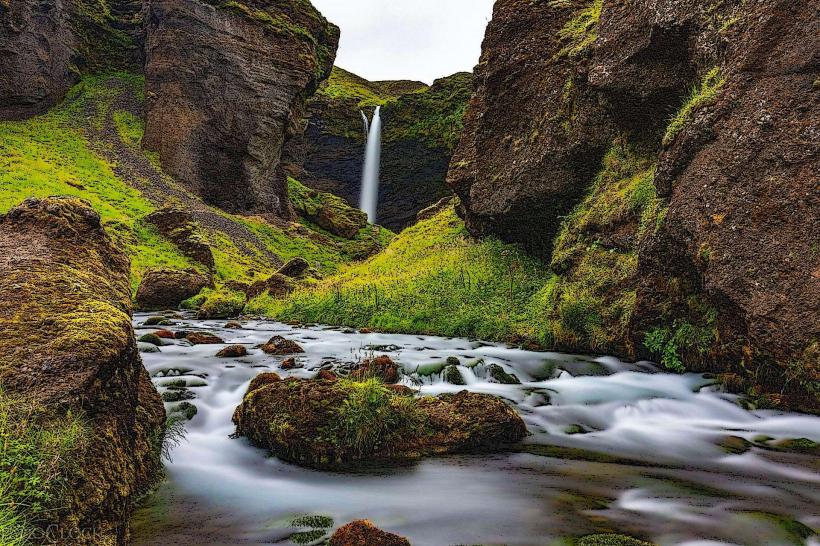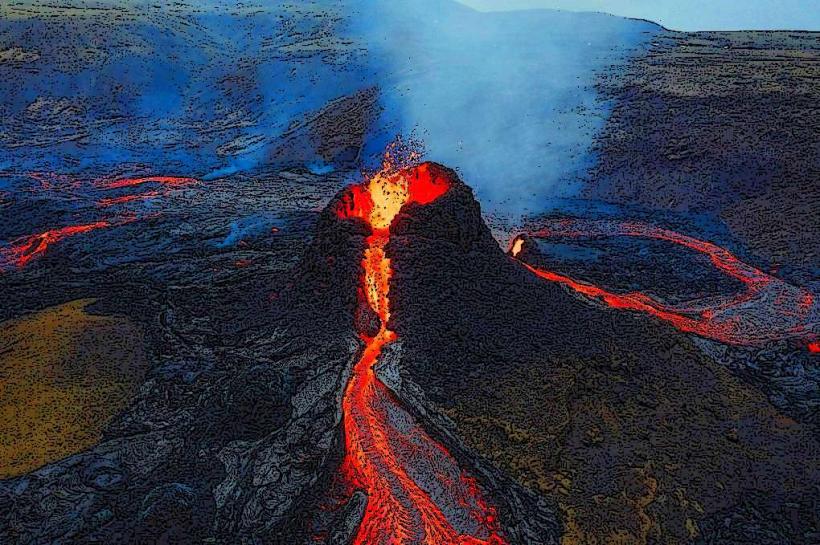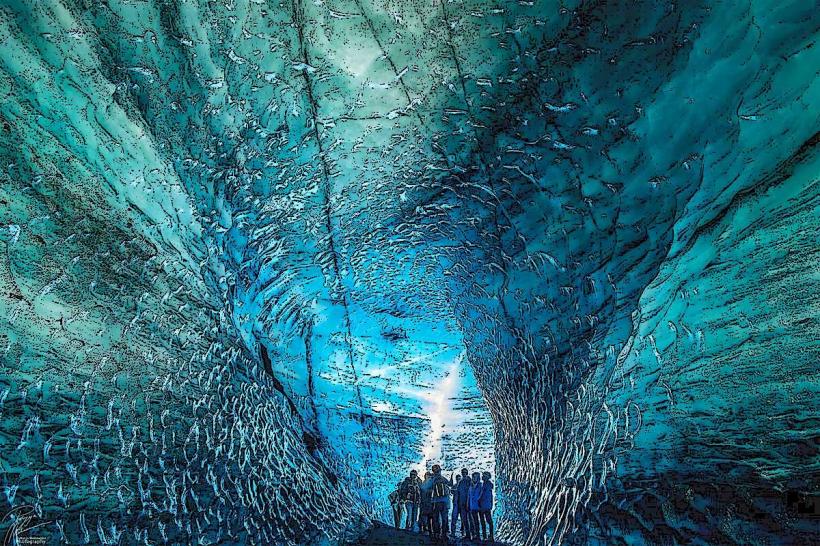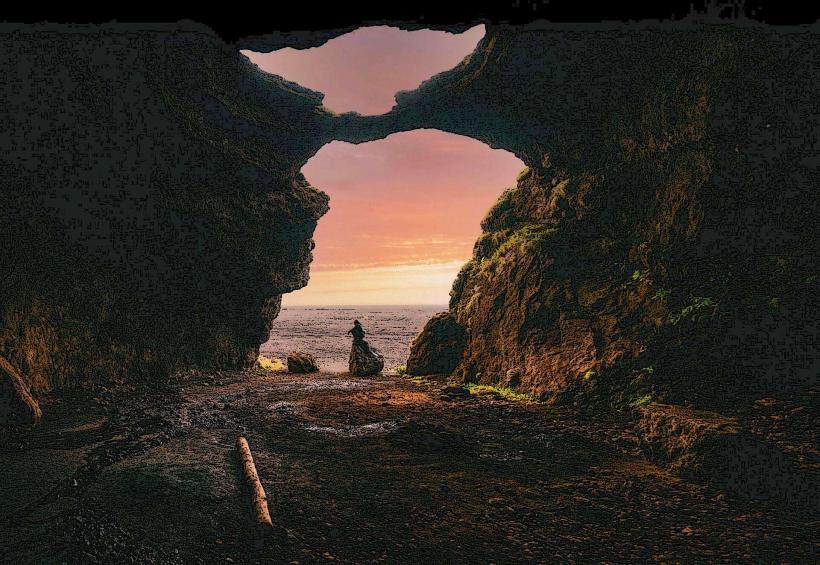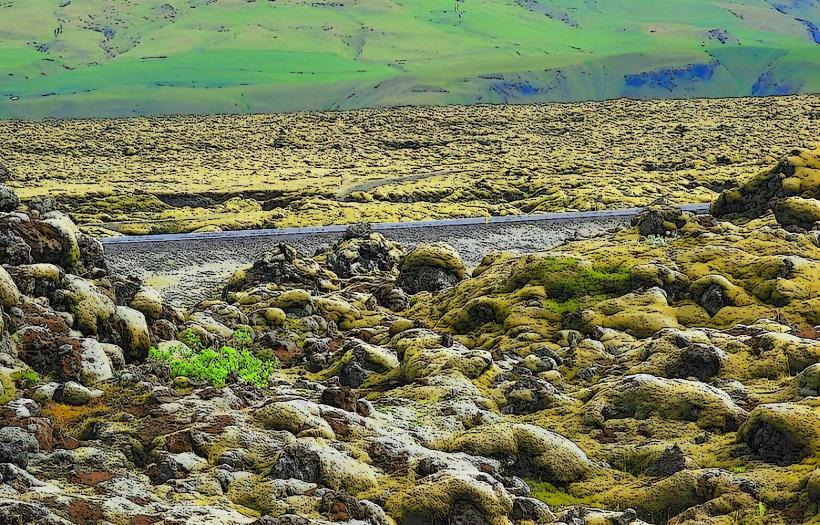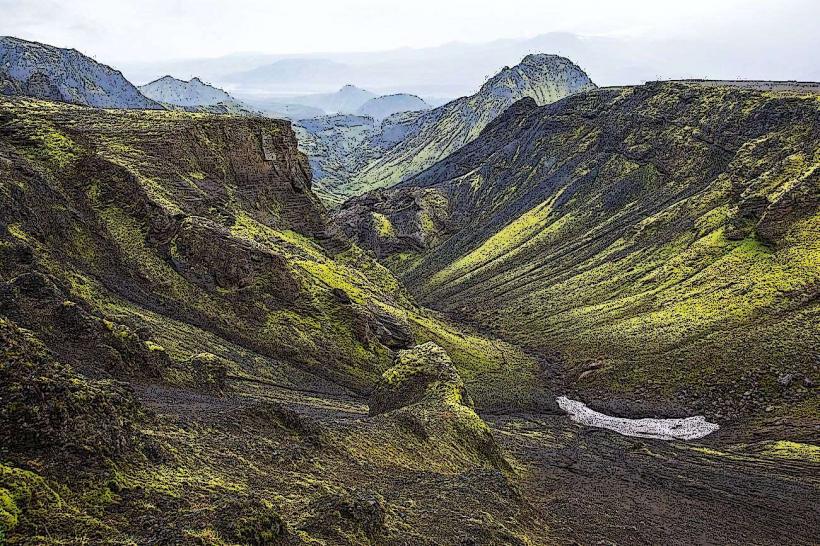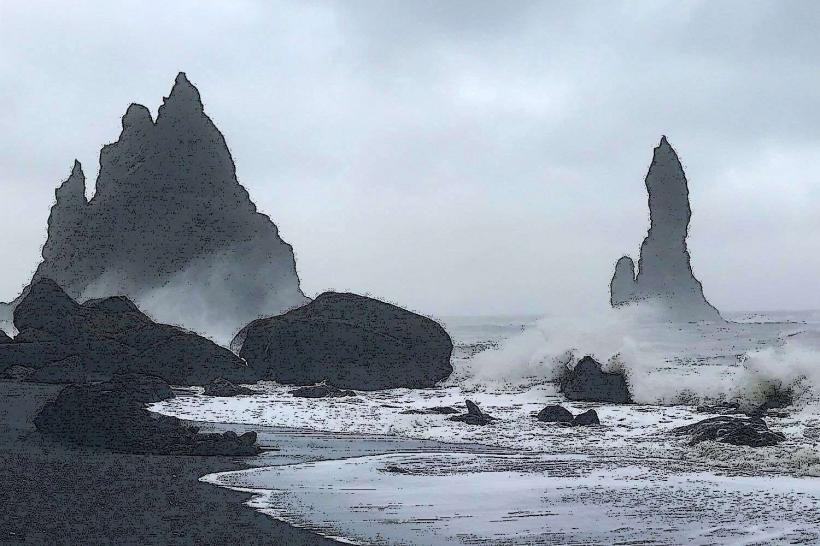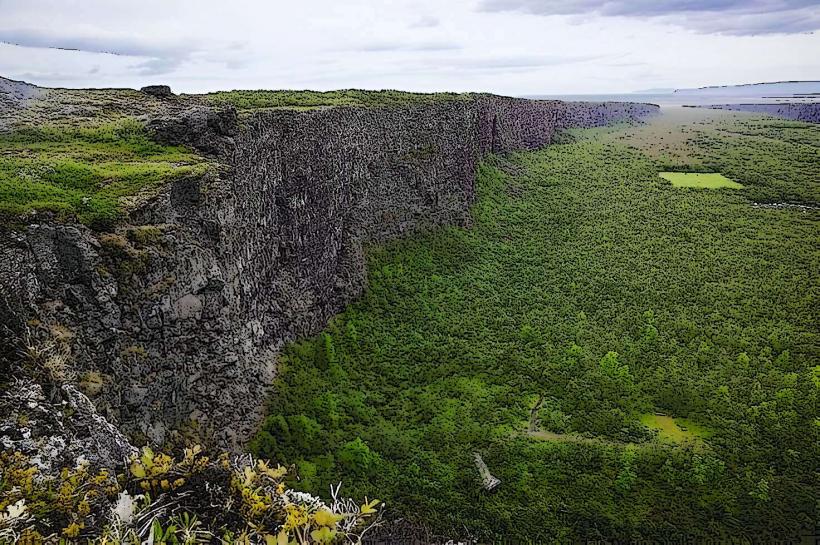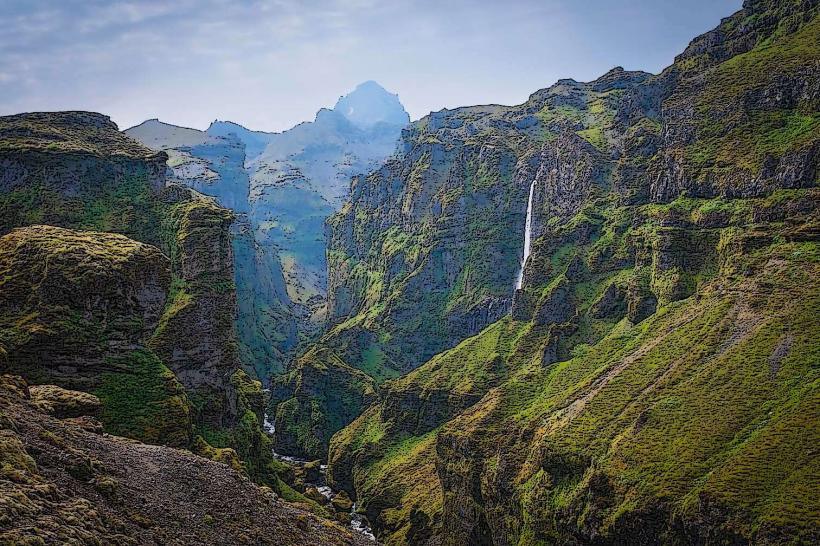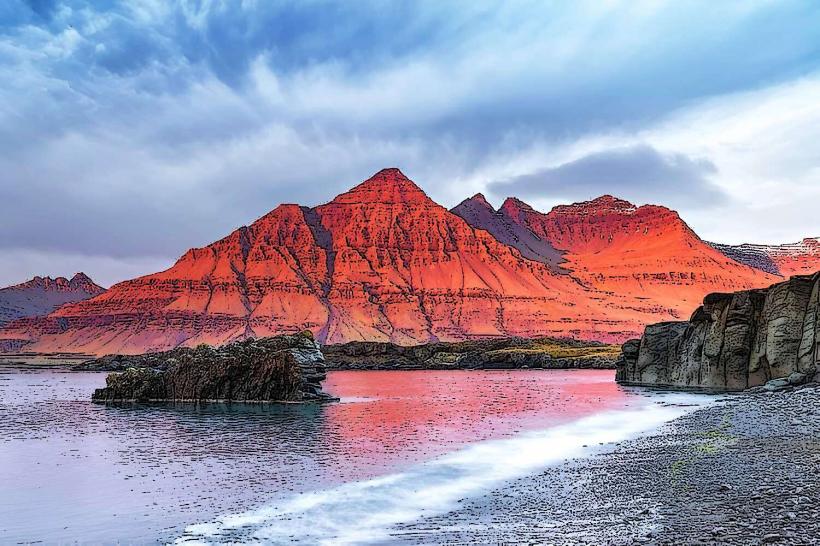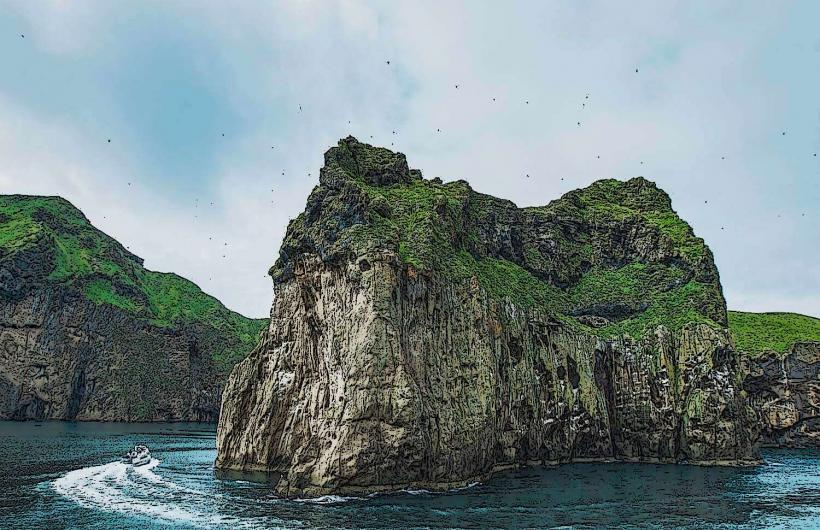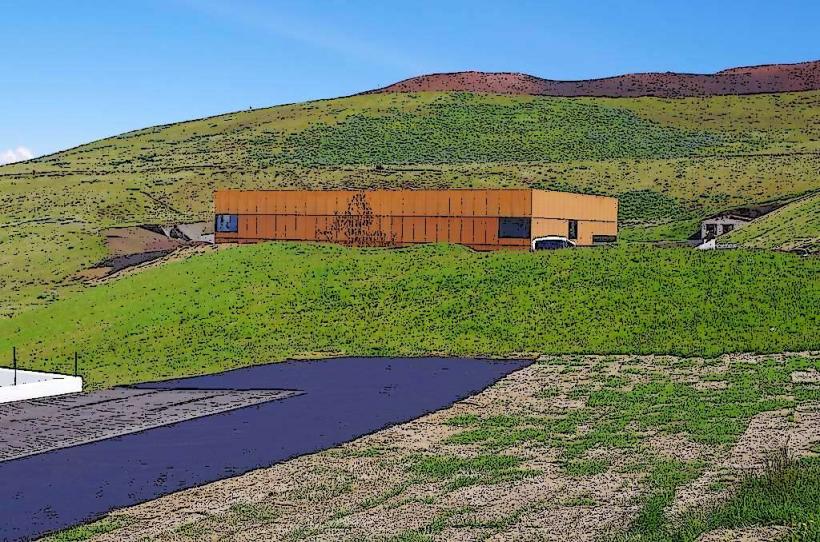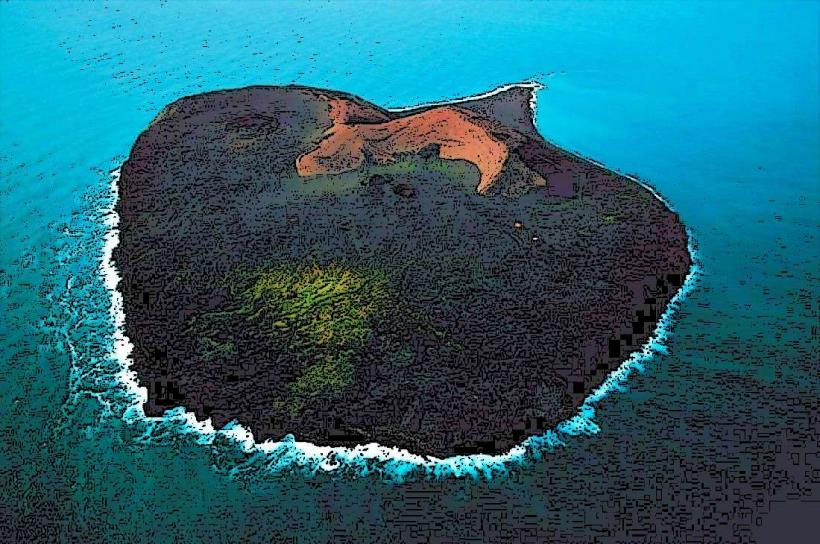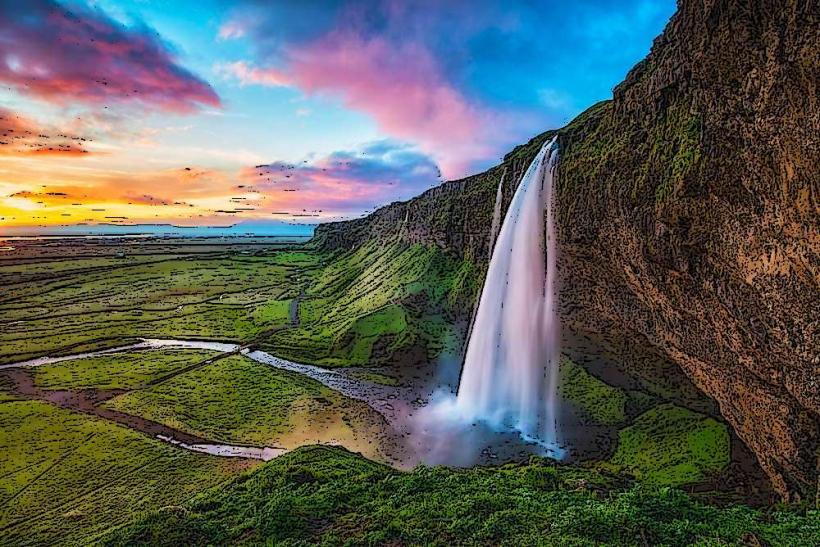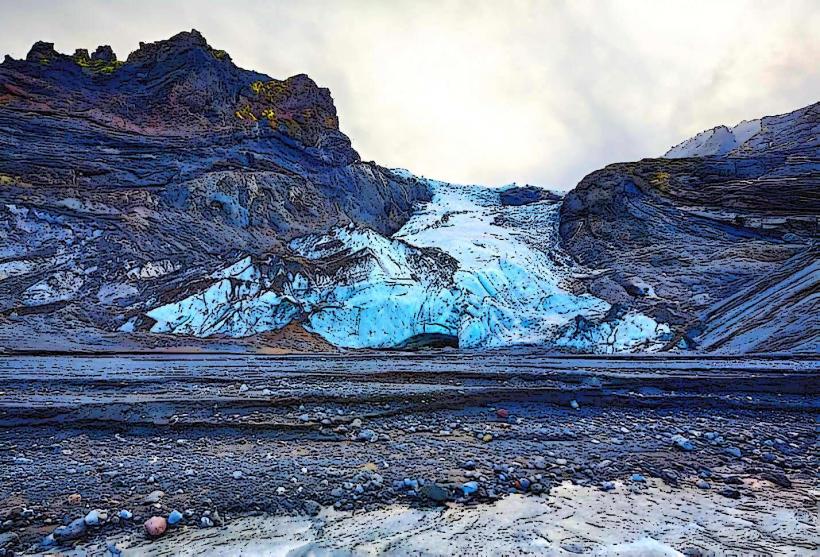Information
Landmark: Skogar MuseumCity: Vik
Country: Iceland
Continent: Europe
Skogar Museum, Vik, Iceland, Europe
Visual Characteristics
The museum complex features a diverse range of structures. The main Folk Museum building is a modern construction, often incorporating elements like a turf roof section, designed to integrate with the surrounding landscape. The Open-Air Museum consists of several relocated traditional Icelandic buildings, including turf houses and a church, constructed from turf, stone, and timber with characteristic grass roofs. The Technical Museum houses larger artifacts within a more industrial-style building. The site is set against a backdrop of green hills and the Skógá river.
Location & Access Logistics
The Skogar Museum is situated directly off Route 1 (the Ring Road) in Skógar. It is approximately 30 kilometers east of Vik and 150 kilometers southeast of Reykjavik. A large, dedicated parking lot is available on-site for visitors. Public transport options are limited; some long-distance bus services (e.g., Strætó route 51) have infrequent stops near Skógar, making car rental the most practical mode of access.
Historical & Ecological Origin
The Skogar Museum was founded in 1949 by Þórður Tómasson, who served as its curator for over 60 years. Its original purpose was to preserve and display the cultural heritage and artifacts of the Skógar region and South Iceland, documenting the daily life, crafts, and technological advancements of the area's inhabitants.
Key Highlights & Activities
Visitors can explore the Folk Museum exhibits, which detail Icelandic daily life, fishing, farming, and traditional crafts. The Open-Air Museum allows for observation of traditional turf houses and a historical church. The Technical Museum displays a collection of historical vehicles, machinery, and fishing boats. An observation tower offers panoramic views of the surrounding area, including Skógafoss waterfall. A museum shop sells local crafts and books.
Infrastructure & Amenities
Restrooms are available within the main museum building. Shade is limited in the open-air section but ample inside the main museum structures. Cell phone signal is generally good, with 4G/5G coverage. A café and restaurant are located within the main museum building, offering light meals and beverages.
Best Time to Visit
The best months to visit are June to August for the mildest weather and longest daylight hours. May and September offer fewer crowds and pleasant conditions. Visiting during morning hours (9:00-11:00) typically results in fewer visitors. Photography is favorable throughout the day, with softer light during early morning or late afternoon. Tide requirements are not applicable for this inland location.
Facts & Legends
The museum's founder, Þórður Tómasson, personally amassed a collection of over 15,000 artifacts during his lifetime, many of which are on display. A local legend recounts that the first Viking settler in the area, Þrasi Þórólfsson, buried a chest of gold behind Skógafoss waterfall. The museum houses a ring, believed to be from this legendary chest, which was reportedly recovered years later.
Nearby Landmarks
- Skógafoss waterfall: 0.5km North
- Kvernufoss Waterfall: 1.5km North-East
- Sólheimajökull Glacier: 15km West
- Reynisfjara Black Sand Beach: 25km East
- Dyrhólaey Arch: 28km East

